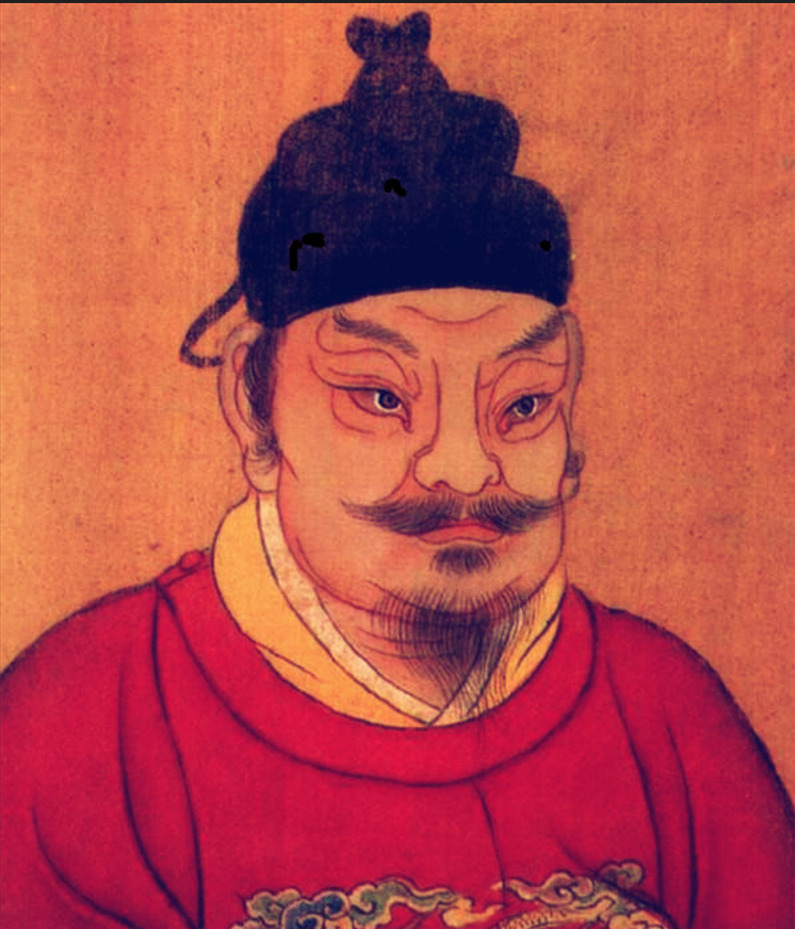Emperor Gaozu of Han (202 BC - 195 BC)

The founder and first emperor of the Han dynasty, Emperor Gaozu of the Han Dynasty, also known as Liu Bang, ruled from 202-195 BC.
One of the few empire builders in Chinese history, Emperor Gaozu was born into a family of peasants. In Pei County, his homeland, Liu Bang first worked as a junior law enforcement official under the Qin dynasty before ascending to power. Liu Bang gave up his post as a government servant and turned into a leader of the anti-Qin rebels following the death of the First Emperor and the political unrest in the Qin Empire. In 206 BC, he defeated the rebel leader Xiang Yu in a race to invade Qin and compel Ziying to abdicate.
After the Qin Dynasty fell, Xiang Yu, who was in charge of the rebel troops, split the former Qin Empire into Eighteen Kingdoms, and Liu Bang was forced to accept the rule of the poor and outlying Bashu province (modern-day Sichuan, Chongqing, and southern Shaanxi) with the title "King of Han". A civil war known as the Zhou-Han War started that same year when Liu Bang led his army to victory over Tam Ky. Various armies fought for control of China throughout this conflict.
By winning the Gaixia war in 202 BC, Liu Bang united much of China and installed the founding emperor of the Han dynasty. Emperor Gaozu cut taxes, promoted Confucianism, and put down warlord uprisings from non-Liu vassal nations throughout his rule. He also started the Heqin policy, which was implemented after the Han Empire lost the Battle of Baideng in 200 BC and was intended to keep the Xiongnu in a state of unambiguous peace. When he passed away in 195 BC, his son Liu Ying succeeded him as king.
In sum, Emperor Gaozu of Han:
- was the founder and first emperor of the Han dynasty, ruled from 202-195 BC.
- was born into a family of peasants.
- gave up his post as a government servant and turned into a leader of the anti-Qin rebels.
- he cut taxes, promoted Confucianism, and quelled revolts by warlords during his rule.
- his son Liu Ying succeeded him after his death in 195 BC.















